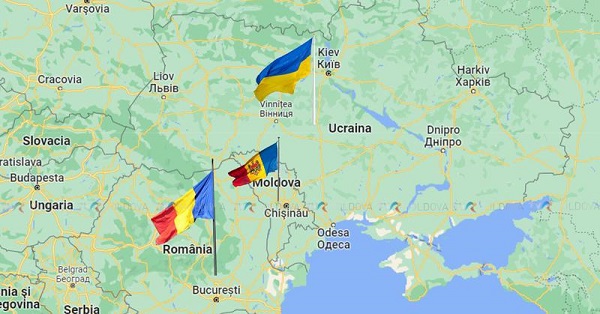The European Commission adopted on Monday two decisions that forbid Lithuania and Romania from issuing unjustified emergency licenses for pesticides containing three types of neonicotinoids (imidacloprid, clothianidin and thiamethoxam, the EC said in a release.
After it has been proven that these substances are harmful to bees, their use has been limited in the European Union. However, the EU Executive body points out that Romania and Lithuania have repeatedly granted emergency licenses to allow the use of these substances in order to help fight particular pests in specific crops, yet the European Food Safety Authority (EFSA) does not consider these licenses are justified.
"It is the first time the Commission adopts such decisions. The grant of emergency licenses for pesticides is possible only under strict conditions. The European Green Pact emphasizes that the food chain sustainability is a priority for the EU and we cannot accept that member states continue to use pesticides that affect the environment and biodiversity when alternative solutions are available," said European Health Commissioner Stella Kyriakides.
Also, the European Commission has set up on Monday a database that will list all the emergency licenses granted by member states.
Researchers argue that the use of neonicotinoids significantly decreases bee populations, raising fears about a severe impact on global food supply, because bees have a key role in pollinating many crops.
A Canadian research has come to the conclusion that working bees exposed to neonicotinoids had a shorter lifespan and colonies were at greater risk of being left without queens.
European scientists said that exposure to cultures treated with neonicotinoids has affected domestic bee colonies in two of the three countries included in the research and has reduced the reproductive success of wild bees in all three states.
Romania's Ministry of Agriculture and Rural Development (MADR) announced in January that it was authorizing, for the spring 2020 campaign, the use in emergency situations of products based on active substances from the category of neonicotinoids in the treatment of corn seeds, as well as the use in emergency situations of sugar beet seeds treated with a neonicotinoid-based plant protection product.
However, MADR said it will not authorize the use in emergencies of neonicotinoid-based plant protection products for the treatment of sunflower seeds, as sunflower is one of the main honey crops.
"Temporary licenses are legal instruments member states have at their disposal to provide farmers with access to plant protection products in situations where the crops are at a phytosanitary risk. Compared to the number of temporary licenses granted by EU member states between 2008 - 2018, the temporary licenses issued by Romania represent about 1.3 percent of the EU total," MADR said in a statement.
The periods for which MADR grants temporary licenses are: January 20 - May 1, 2020 for the use of treated corn seeds, and January 20 - May 18 for the use of treated sugar beet seeds.
MADR adopted this decision at the request of the Romanian Corn Producers Association, the PRO AGRO National Federation and the Federation of Romanian Sugar Beet Growers.
According to the cited source, this authorization was determined by the fact that there is currently no viable alternative in Romania for the treatment of corn seeds to prevent crop losses due to the attacks of the high-density pests Tanymecus dilaticollis and Agriotes spp. which affect over 2 million hectares and tend to spread, and which cannot be fought by treatments during the vegetation period.
Also, there are no alternatives for the treatment of sugar beet seeds against "Bothynoderes punctiventris", "Chaectonema tibiali", "Tanymecus dilaticollis" and "Agriotes spp.," the authorities said.
AGERPRES
































Comentează